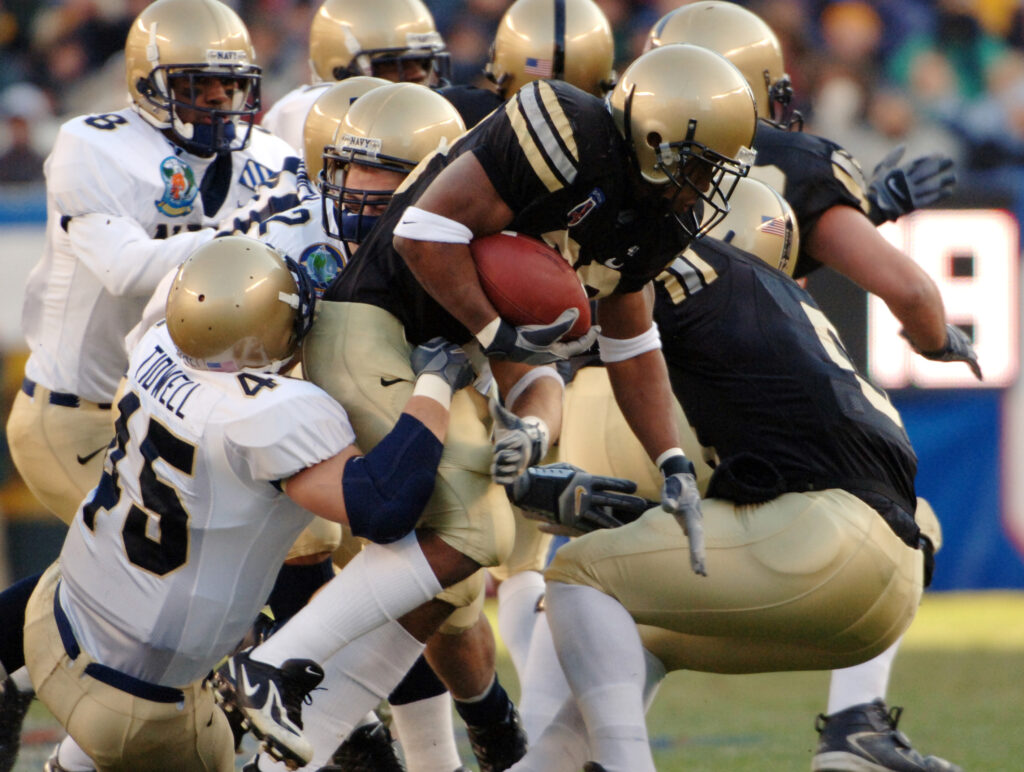The Tampa Bay Buccaneers, a privately owned National Football League team, are requesting millions of taxpayer dollars to fund planned renovations to Raymond James Stadium.
Each year, the Buccaneers receive $26 million in county sales tax revenue and $2 million in state taxpayer money. If state lawmakers approve the new request, the Buccaneers would receive an additional $1 million per year from Florida taxpayers.
Growing Problem
Will Freeland, a research analyst for the American Legislative Exchange Council, says taxpayer subsidization of privately owned sports teams has become a worsening problem.
“Before World War II, 28 major sports facilities were built, but only five were paid for in part with taxpayer subsidies,” Freeland said. “Since World War II, there’s been 140 sports stadiums built or refurbished, and only 14 didn’t use taxpayer dollars.”
Instead of picking winners and losers, Freeland says state lawmakers should make every business a winner with tax reform.
“States would be better off if they improved their tax codes instead of offering one or two businesses a special sweetheart deal,” Freeland said. “There’s no reason to give them deals.”
‘Politicians in Their Cheerleader Outfits’
Mark Soskin, an associate professor of economics at the University of Central Florida, says sports subsidies are more about appealing to politicians’ vanity than promoting economic growth.
“Taxpayer money is channeled into economic development in every state and metro area without one single example of success anywhere,” Soskin said. “It cannot work, by definition. The appeal is to local vanity, and politicians in their cheerleader outfits. Every place loves to believe it is the greatest place to live and work.”
Economic Ransom
Soskin says demands for sports subsidies are similar to ransom demands.
“You need a big wad of taxpayer cash to bribe—oops, I mean encourage—a company or sports team to locate or not move away,” Soskin said. “How much? The blackmail amount is always at least as great as any possible benefits to the local area, and every city in the nation bids on the tiny handful of companies willing to move, most of which don’t really plan to relocate but are only using these offers to hold up their current patsy cities for more tax money ‘incentives.'”
Gabrielle Cintorino ([email protected]) writes from Nashville, Tennessee.
Internet Info:
Robert A. Baade and Richard F. Dye, “Sports Stadiums and Area Development: A Critical Review,” Economic Development Quarterly: https://www.heartland.org/policy-documents/sports-stadiums-and-area-development-critical-review/

